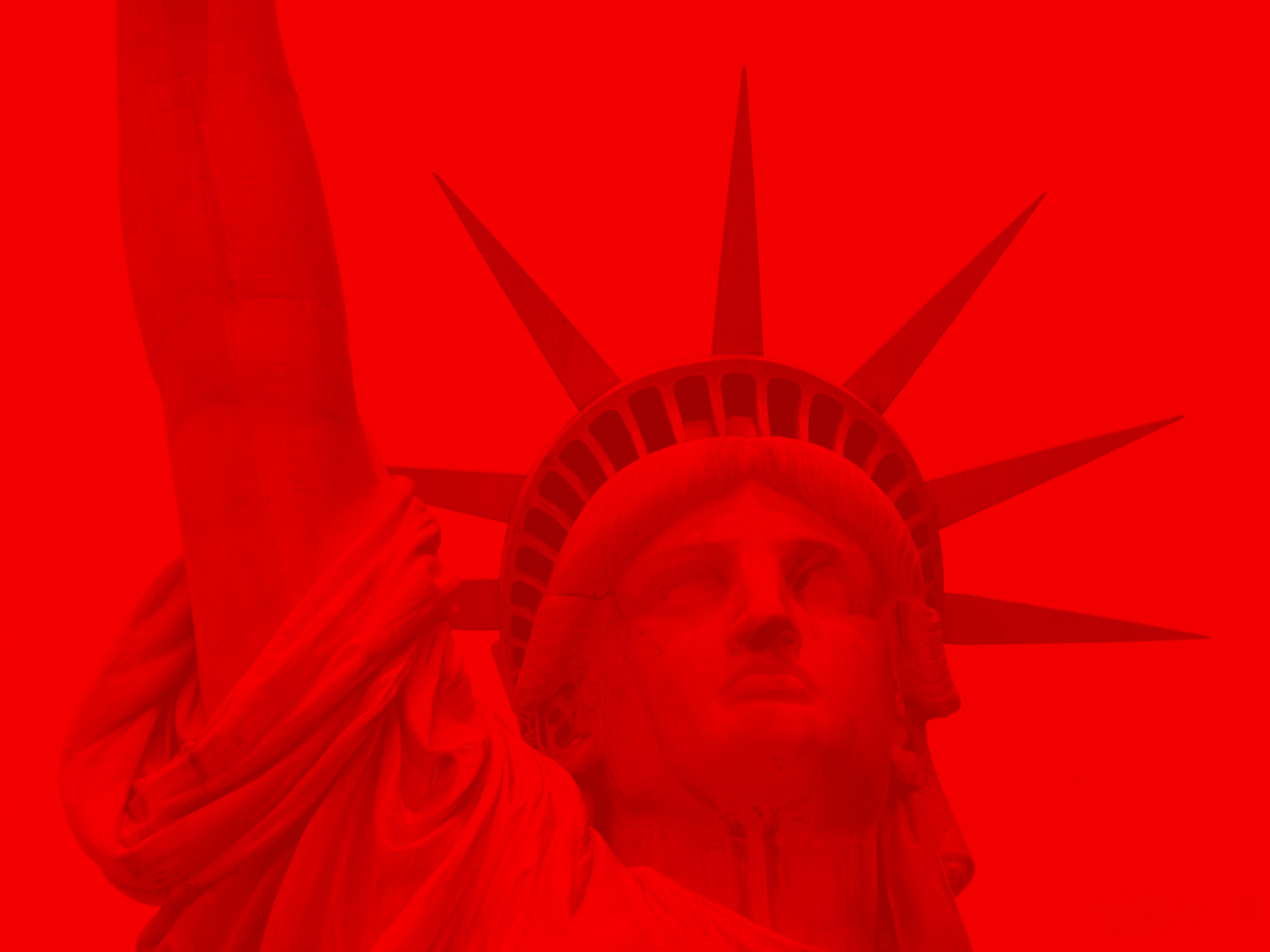At the London march “Unite the Kingdom” on 13 September 2025, organized by Tommy Robinson, Visegrad24 asked 50 ordinary citizens to identify what they see as the greatest threats to Western civilization.
While responses varied, a striking pattern emerged: Islam and unchecked immigration, the erosion of free speech, the loss of cultural and religious identity, radical ideologies, globalism, and public complacency. Different voices, one consistent warning: the West stands at a crossroads, and its survival depends on whether people act before it is too late.
Islamism and Mass Immigration
The most frequently cited concern was Islam, not just terrorism or radical Islamism, but the religion itself in its political and cultural dimensions. Interviewees described it as resistant to assimilation and at odds with Western values. Mass migration from Islamic countries was repeatedly linked to social disruption: rising crime, “parallel societies,” and visible cultural changes. Examples ranged from grooming gangs in the UK to demographic shifts in Brussels.
Several voices went further, calling for “remigration” or stricter control over new arrivals, emphasizing that uncontrolled immigration could exacerbate cultural incompatibility. Some highlighted that migration alone isn’t the issue, but when combined with ideological rigidity, it can challenge security, law, and societal cohesion.
Free Speech Under Threat
Many interviewees framed the erosion of free speech as an existential problem. Censorship, social pressure, and laws against “Islamophobia” or perceived hate speech were described as tools that suppress dissent and punish those who question dominant narratives. The murder of Charlie Kirk was invoked as a chilling example of the dangers of silencing opposing viewpoints.
Free speech was repeatedly linked to civic survival: without it, interviewees argued, societies lose the ability to debate, criticize authorities, or defend core values. Some highlighted efforts by individuals and platforms defending open discussion as essential lifelines for Western civilization.
Identity and Cultural Cohesion
A deep anxiety over cultural and religious decline ran through many responses. Christianity, historically central to Western identity, is increasingly absent from schools, public institutions, and social life. In its place, multiculturalism is seen as flattening values and fostering confusion among the young.
Several participants connected this loss of shared cultural and moral ground to other social risks: weakened family structures, diminished civic trust, and a sense that society is losing its historical compass. They described the disappearance of a shared moral framework as making dialogue, cohesion, and social order increasingly difficult.
Ideologies and Complacency
Beyond migration and religion, participants highlighted ideological threats: radical leftist doctrines, gender ideology, neo-Marxism, and wokeism. Some spoke of global elites reshaping society through policies that undermine national sovereignty and impose top-down control. Others emphasized the dangers of declining birth rates, predicting that even the strongest cultural foundations will fail if Western populations do not maintain themselves.
Equally concerning, many warned, is public complacency: ordinary citizens assuming freedoms and traditions are permanent, unaware of the cumulative effects of cultural erosion, ideological radicalism, and social engineering.
A Crossroads for the West
Taken together, these interviews reveal a convergence of concerns. Whether naming Islam, migration, free speech, ideological extremism, or demographic decline, most respondents agreed: the West faces a defining moment.
Survival, they insisted, requires not only vigilance against external threats but also reclaiming cultural confidence, defending free expression, and cultivating civic courage.


